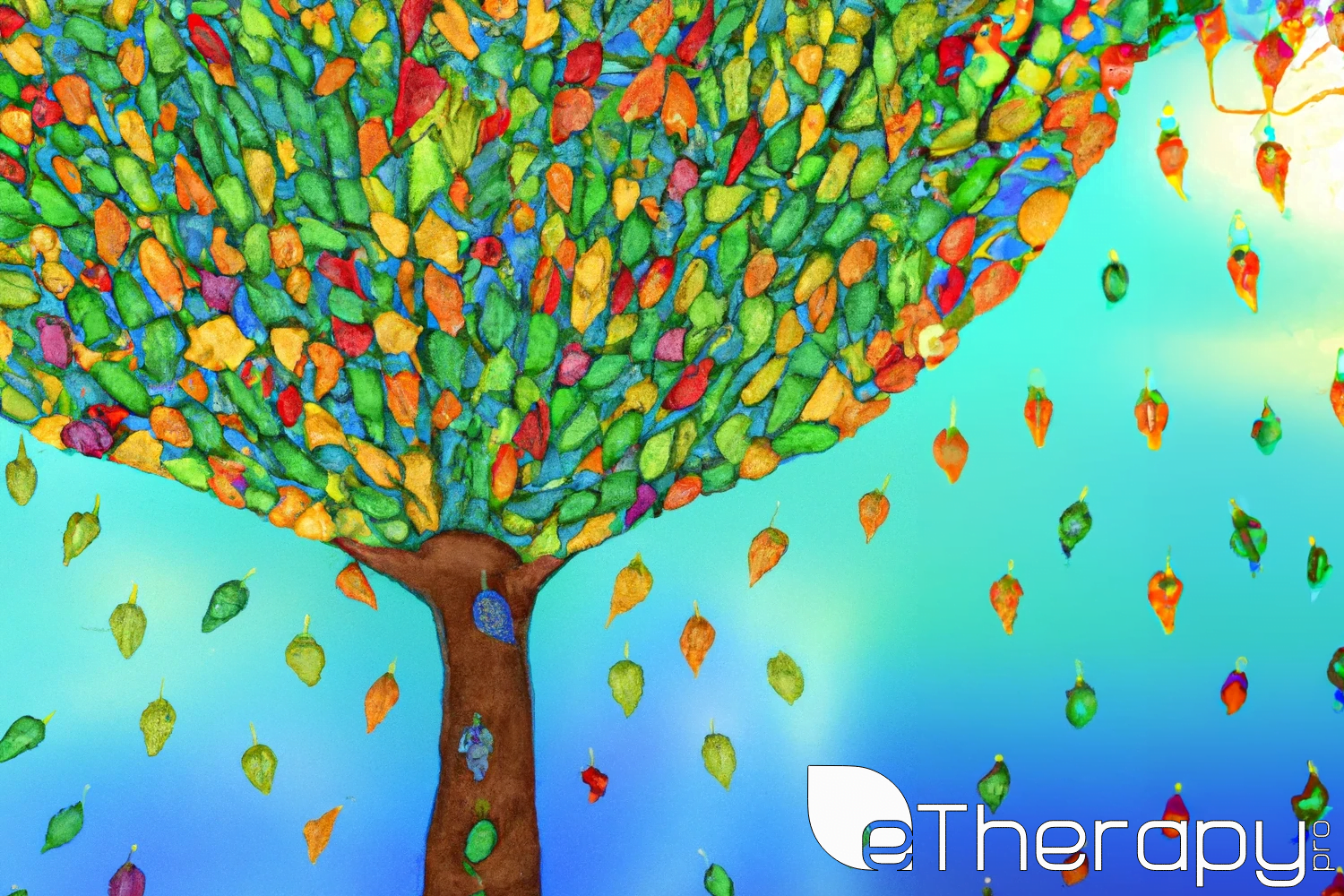
Self-compassion is a transformative practice that holds the power to positively impact our mental well-being. In a world often focused on achievement, comparison, and self-criticism, cultivating self-compassion becomes an essential tool for healing, growth, and building a healthier self-perception. This article explores the importance of Self-kindness in promoting mental well-being, offers practical techniques for nurturing Self-kindness, and highlights its role in healing from emotional challenges. By embracing kindness and acceptance towards ourselves, we can unlock the power of self-compassion and create a foundation of inner strength and resilience.
Understanding Self-Compassion
Self-compassion is the practice of treating ourselves with kindness, acceptance, and understanding, especially during times of difficulty or personal struggle. It involves extending the same warmth, care, and support to ourselves that we would offer to a dear friend. Self-compassion is not about self-indulgence or self-pity but rather a recognition of our shared humanity and the acknowledgment that we all experience pain, imperfections, and setbacks in life.
Benefits of Self-Compassion
Embracing self-compassion has numerous benefits for our mental well-being and overall quality of life. Some of the key advantages include:
Emotional Resilience
Self-compassion strengthens our emotional resilience, enabling us to navigate challenging emotions and situations with greater ease. By offering ourselves understanding and support, we can face difficulties with self-kindness and respond to them more compassionately and adaptively.
-
Reduced Self-Criticism
Practicing self-compassion helps to quiet the inner critic and reduce self-critical thoughts and beliefs. Instead of harsh self-judgment, Self-kindness encourages a more balanced and understanding perspective, fostering self-acceptance and self-love.
You’ve been criticising yourself for years and it hasn’t worked. Try approving of yourself and see what happens.— Louise L. Hay
-
Improved Mental Well-being
Self-compassion is closely linked to improved mental well-being, including reduced anxiety, depression, and stress. By treating ourselves with kindness and acceptance, we create a nurturing inner environment that supports emotional healing and positive mental states.
-
Increased Self-Worth
Nurturing self-compassion enhances our sense of self-worth and self-esteem. When we acknowledge our inherent worthiness, independent of external achievements or validation, we develop a stronger foundation of self-belief and self-confidence.
Cultivating Self-Compassion
Cultivating self-compassion is a practice that can be nurtured and developed over time. It involves cultivating self-awareness, adopting Self-kindness language and inner dialogue, and engaging in self-care practices that promote kindness and acceptance.
Mindful Self-Awareness
Self-compassion begins with cultivating mindful self-awareness. Take time to observe and acknowledge your thoughts, emotions, and physical sensations without judgment. Notice when self-critical thoughts arise and consciously shift your focus towards Self-kindness perspectives.
Self-Compassionate Language
Pay attention to the language you use when speaking to yourself. Replace self-critical and harsh statements with kind, gentle, and supportive words. Treat yourself with the same level of care and compassion that you would extend to a close friend or loved one.
Self-Care and Self-Nurturing
Engage in regular self-care practices that nourish your body, mind, and spirit. This can include activities such as taking walks in nature, practicing relaxation techniques, journaling, engaging in hobbies, or seeking professional support, such as therapy or counseling. Prioritize your well
being and making self-nurturing a part of your daily routine.
Embracing Imperfections
Recognize that imperfection is a natural part of being human. Instead of striving for perfection, embrace your flaws and mistakes with kindness and understanding. Allow yourself to learn and grow from them, viewing them as opportunities for personal development and self-improvement.
The only real mistake is the one from which we learn nothing. – Henry Ford
Practicing Self-Compassion Meditation
Incorporate self-compassion meditation into your mindfulness practice. Find a quiet and comfortable space, take a few deep breaths, and repeat self-compassionate phrases or mantras, such as “May I be kind to myself” or “May I embrace my imperfections with love and acceptance.” Allow these words to sink deeply into your being, cultivating a sense of compassion towards yourself.
Seeking Support and Connection
Don’t hesitate to seek support and connection from others. Reach out to trusted friends, family members, or mental health professionals who can provide a compassionate ear, guidance, and encouragement. Remember, you are not alone on this journey of Self-kindness.
The Role of Self-Compassion in Healing
Self-compassion plays a vital role in healing from emotional challenges, including those related to daddy issues. By extending kindness and acceptance to ourselves, we create an environment of self-nurturance and self-healing. Here are some ways in which Self-kindness can support healing:
Release of Self-Blame
Self-compassion helps to release self-blame and guilt associated with past experiences. It allows us to recognize that our struggles are not solely our fault but influenced by a complex web of factors. Through Self-kindness, we can let go of the burden of self-blame and embrace forgiveness and healing.
Fostering Emotional Resilience
When faced with the emotional challenges associated with daddy issues, self-compassion enhances our emotional resilience. It helps us navigate difficult emotions, such as anger, sadness, or grief, with kindness and understanding. By offering ourselves compassion, we build the inner strength needed for emotional healing and growth.
Building Self-Perception and Self-Worth
Self-compassion supports the development of a healthier self-perception and self-worth. By accepting our flaws and imperfections, we cultivate a sense of self-acceptance and self-love. This, in turn, positively impacts how we view ourselves and relate to others, fostering healthier relationships and a more authentic sense of self.
Conclusion:
Nurturing self-compassion is a transformative journey that allows us to embrace kindness and acceptance towards ourselves. In the process of healing from emotional challenges, such as daddy issues, self-compassion becomes an invaluable tool. By practicing self-awareness, self-compassionate language, self-care, and embracing imperfections, we create a foundation of Self-kindness that supports our mental well-being and personal growth.
Remember, self-compassion is not a destination but a continuous practice. Be patient and gentle with yourself as you embark on this journey. Embrace the power of Self-kindness to heal, grow, and cultivate a deep sense of kindness and acceptance within.
